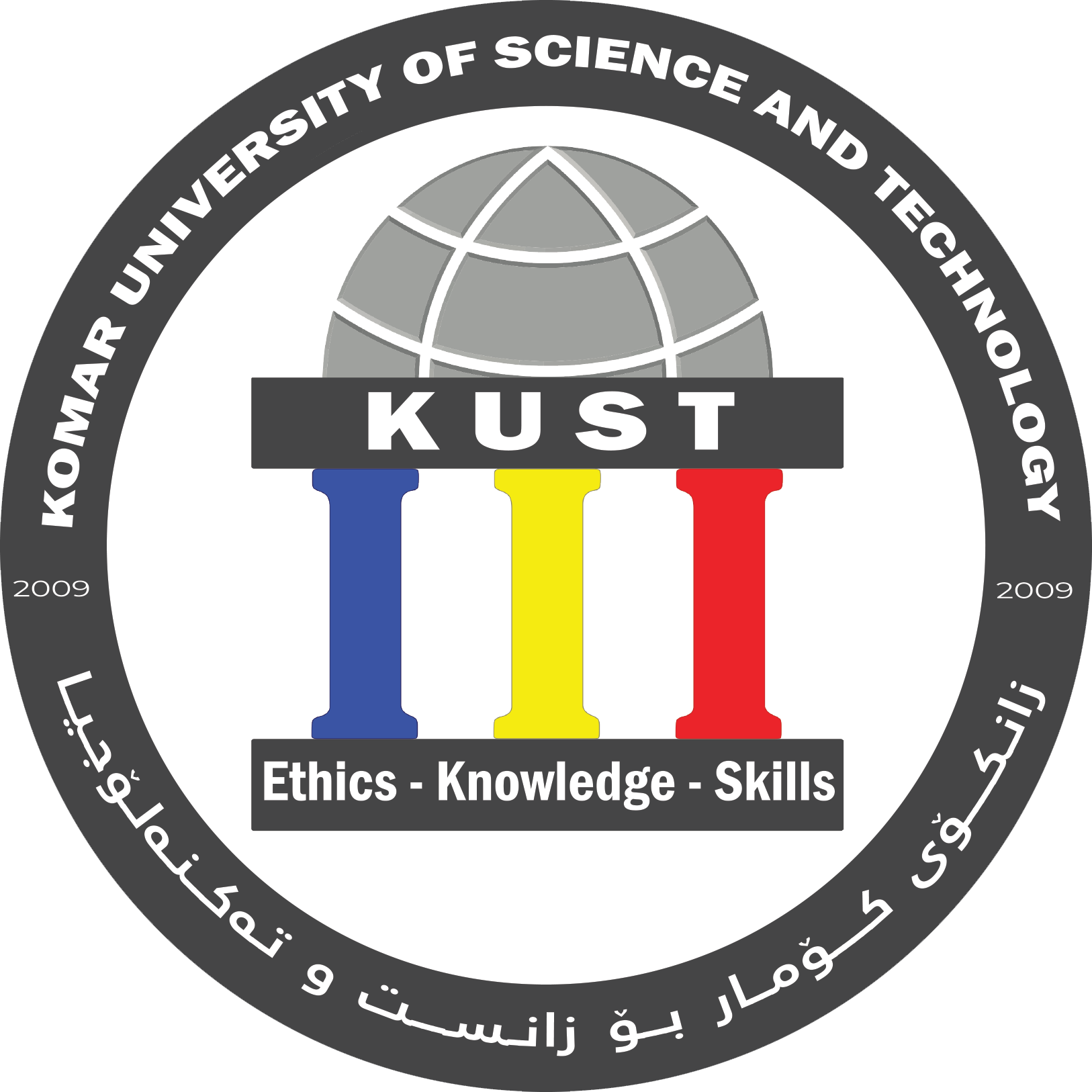List of University Courses
Course Code: HUM3215
Credits Hours: 2
Prerequisite Course: Academic English I (EGH1310) + Biostatistics (MTH3320)
Course Description:This course is an introduction to fundamentals of conducting research. It will teach the students different research methodologies, research designs and parts of the research paper. The curriculum is sequential, helping the students to identify study topics, formulate inquiry questions, organize a literature review, and select appropriate designs and methodologies. By the End of the course, students will complete a proposal that includes an introduction, problem statement (significance of study), literature review, methods section, references, and a project timeline. This work can be converted next year into a full research that will include the following sections: findings, discussion, conclusions, and references.
College Required Courses
Health Science Required Courses
Course Description: This course gives opportunity to students to design a real research proposal with coordination of their colleagues and instructors. Students prepare all parts of their proposal including a suitable title, background and methodology in a teamwork. Crucial criteria of research such as professional research attitude, teamwork, and ethical issues are all get discussed. Students may start their practical work in this course during their conducting of lab rotation program in hospitals. The proposed project must be approved by the department. Written reports, submission of the graduation project and final oral presentation is required.
Computer Science Required Courses
Course Description: This course provides an introduction to the design and analysis of computer data structures and algorithms, focusing in particular on techniques for achieving high performance software in computer systems. Students will learn the necessary mathematical background to carry out algorithm analysis, such as time and space complexity, worst-case and average-case analysis, tractability & intractability, and design techniques. It discusses recursion and recurrence relations, asymptotic notations, basic data structures, dynamic dictionaries, balanced trees, priority queues, and graphs.
Course Description: Introduction to Artificial Intelligence. Search techniques, knowledge representation, game playing, predicate logic. Knowledge representation using rules, expert systems, neural networks, and genetic algorithms. Coverage of an AI-specific programming language and/or AI integrated software.
